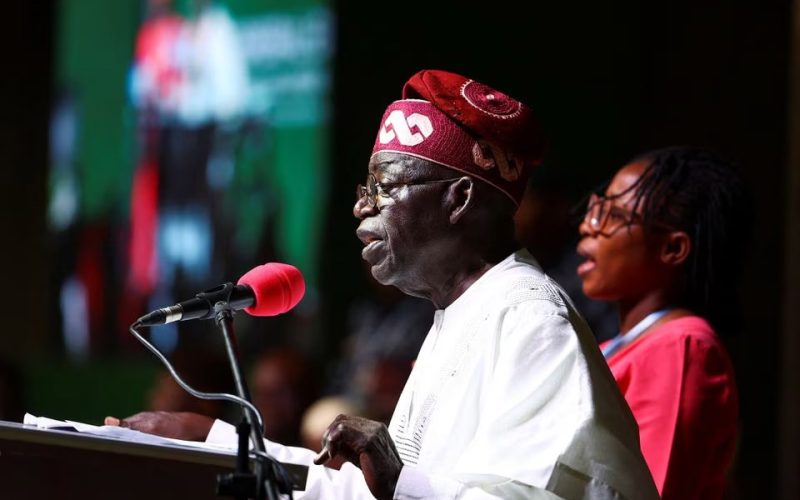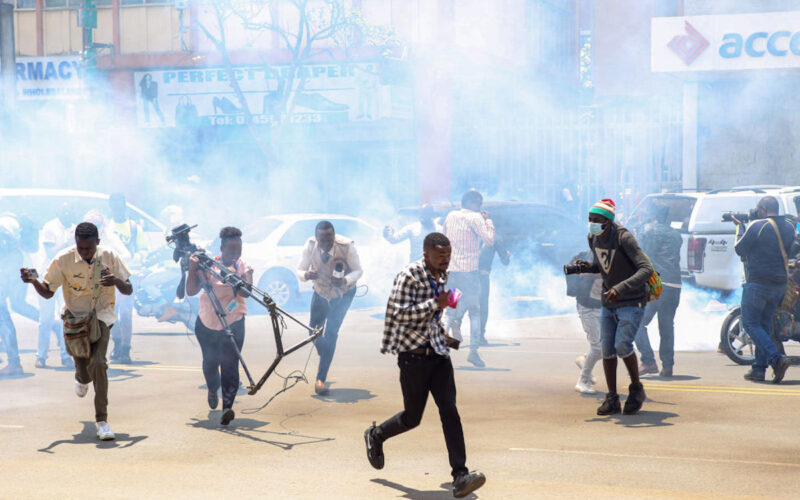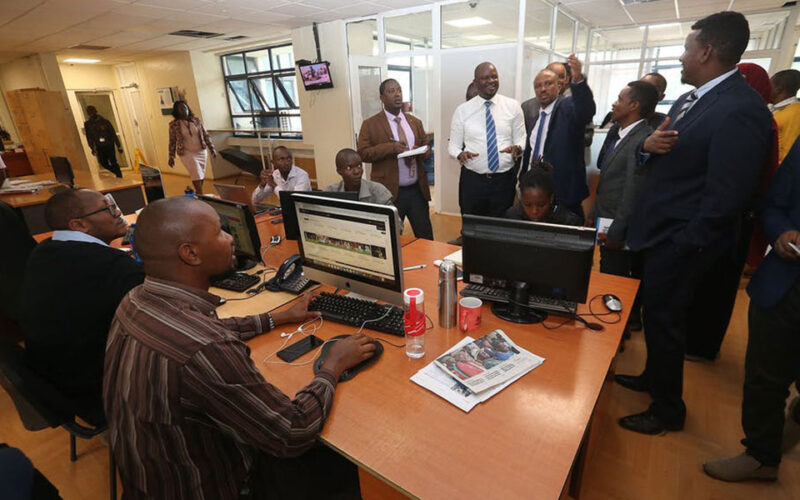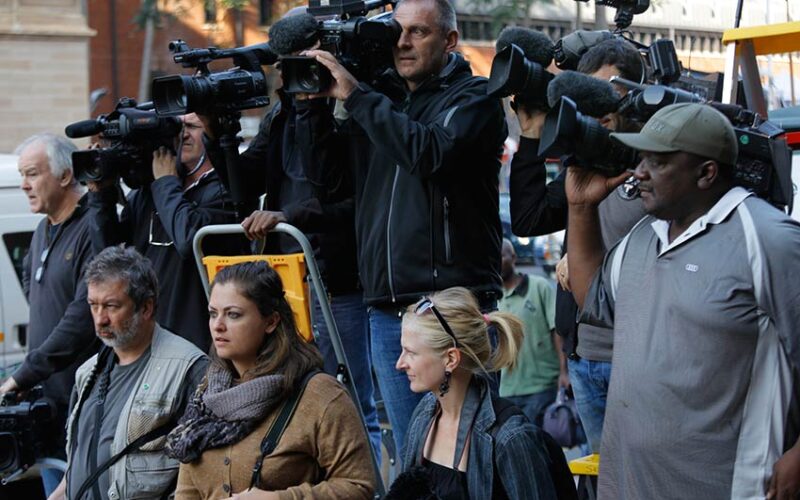
Nigeria’s elections eroded public trust in voting, EU observers say
NIGERIA'S elections early this year were marred by problems that reduced public trust in electoral processes, European Union observers said in a final report, urging reforms to enhance transparency and accountability. President Bola Tinubu won the disputed February vote, whose result is being challenged in court by his two main rivals. The EU mission said the Independent National Electoral Commission (INEC) should improve in six priority areas, including removing ambiguities in electoral law, ensuring the real-time publication of and access to election results and clamping down on electoral offences. "Shortcomings in law and electoral administration hindered the conduct of well-run and inclusive elections and…



